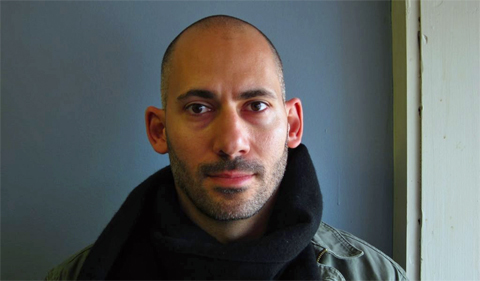
Dr. Ziad Abu-Rish
The Lebanese Center for Policy Studies (LCPS) interviewed Dr. Ziad Abu-Rish, Assistant Professor of History at Ohio University, about “Sectarianism in Lebanon.” Drawing on his current book project on Lebanon during the 1940s and ’50s, Abu-Rish outlines a complex picture of the emergence and transformation of sectarianism in Lebanon across the modern era.
Located on the eastern Mediterranean, Lebanon is a diverse country with 18 officially recognized sects and a political system that apportions official positions among members of those sects. Much of the scholarship and journalism on the country emphasizes inter-sectarian relations in general and moments of violence in particular. LCPS tapped into Abu-Rish’s own research on historical and contemporary Lebanon to offer a critical appraisal of sectarianism as a historical phenomenon and an analytic framework.
Asked for his definition of sectarianism, Abu-Rish argued that it is “a form of politics in which religion and sect serve as the basis of defining community, segregating those communities, and making political claims vis-à-vis political rivals and the state.” He also stressed the modern nature of sectarianism and its manifestation as a correlate to political systems that instantiate sectarianism in everyday life.
In response to a question asking him to reflect on the historical changes to sectarianism in Lebanon, Abu-Rish noted that he was “struck by the ubiquity of cross-sectarian (and non-sectarian) popular movements at that time [the early independence period (1943-1955)] relative to the present.” He argued that there were two important reasons for this. “First, there has been an overall demobilization of society since the 1970s, both in Lebanon and throughout the world. In the Lebanese case, one part of this demobilization is the expanding disciplinary power of state institutions such as the Ministry of Interior, Ministry of Information, Ministry of Social Affairs, and (even) Ministry of Youth. Second, there was a significant process of sectarianization during the Lebanese Civil War (1975-1990), in large part due to the increasing power of sectarian militias over other forms of political organization. . . . In the process, many popular movements were sectarianized.”
Read the full interview with the Lebanese Center for Policy Studies (LCPS).
In addition to his role as a faculty member in the History Department, Abu-Rish serves as the director of the Middle East and North Africa Certificate. For more on Abu-Rish’s research and teaching interests, visit his web page.



















Comments